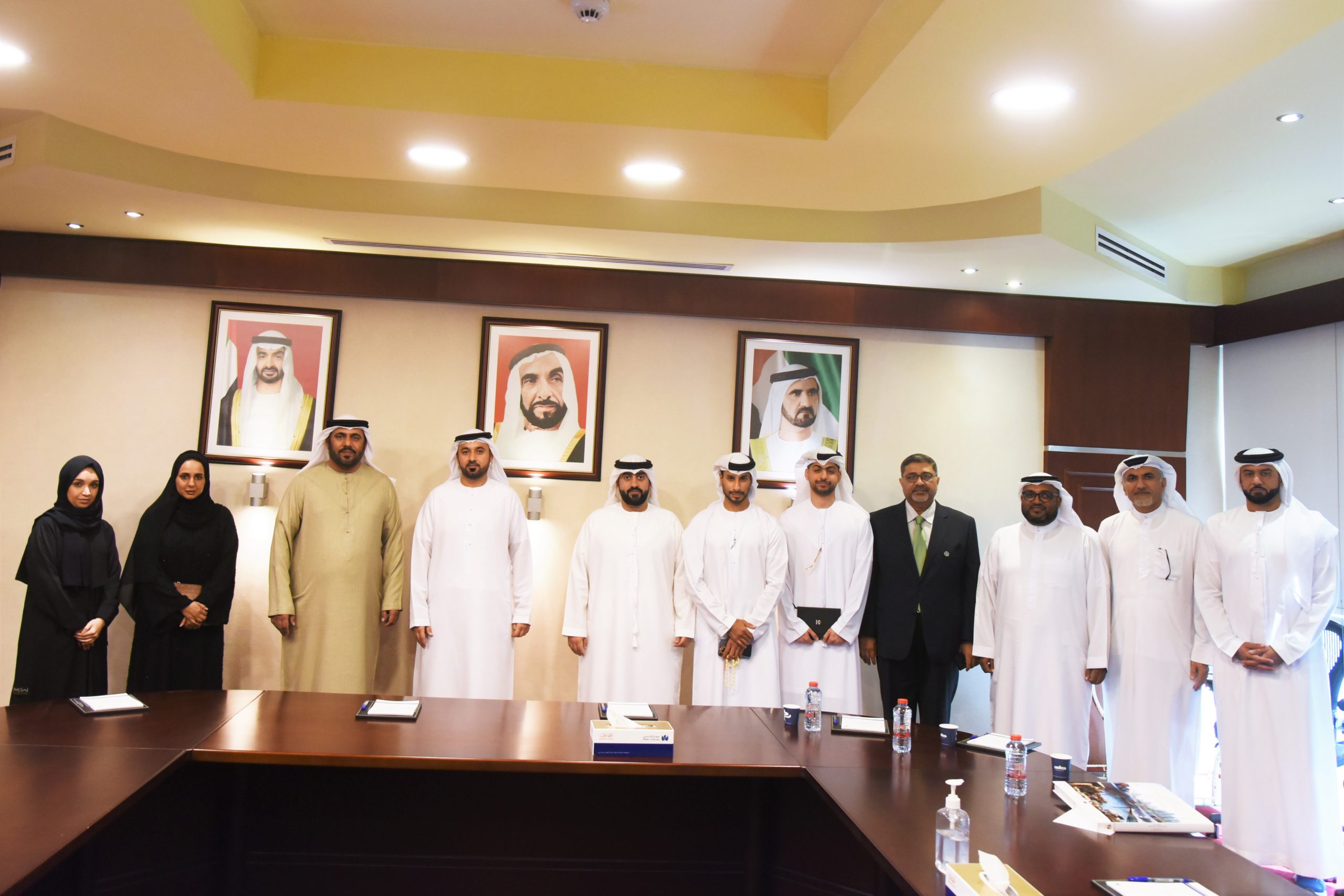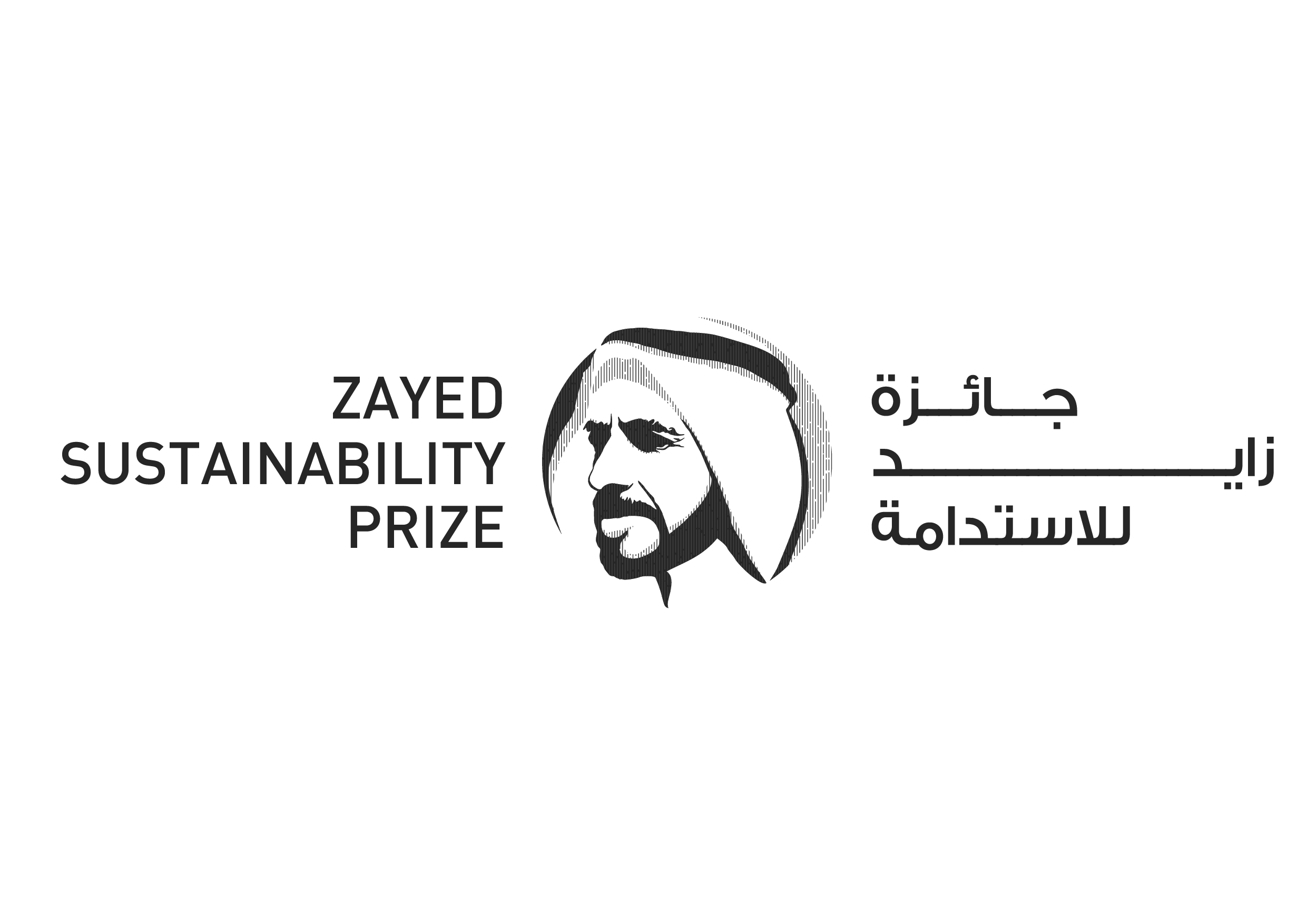DUBAI, 16th July, 2023 (WAM) – When H.H. Sheikh Hamdan bin Mohammed bin Rashid Al Maktoum, Crown Prince of Dubai and Chairman of The Executive Council, launched Dubai’s new Digital Strategy last month, he unveiled an ambitious plan for turning Dubai into an international leader in the digital sector. Centred on seven key pillars including the digital city, digital economy, data and statistics, digital talent, digital infrastructure, cybersecurity, and digital competitiveness, the strategy created a clear roadmap for Dubai’s transformation into one of the world’s top digital economies over the next decade.
Underpinning all these pillars is an extensive set of legislative frameworks and judicial systems that Dubai has been building for over two decades, which provide the perfect platform for its new strategic push to become the capital of the global digital economy. The emirate has been a pioneer in developing specialised legislations and judicial systems to accelerate digital transformation.
How Dubai’s laws support its digital vision
According to Ahmed bin Meshar, Secretary General of Dubai’s Supreme Legislation Committee, “Dubai’s visionary leadership recognised at a very early stage of its growth that robust legislative and regulatory frameworks are vital to delivering good governance, progress and prosperity. The world-class legal institutions and frameworks created by Dubai have played a vital role in its growth into one of the world’s leading destinations for investment, business, innovation, and technology. Decades of dedicated efforts, guided by sagacious leadership, have led to the establishment of a transparent legal framework that nurtures innovation, entrepreneurship and innovation and provides local and international businesses with the safe and stable environment needed to thrive. As Dubai emerges as one of the world's leading digital economies, the city's globally benchmarked laws and judicial systems have made sure investors, consumers and businesses can operate in a secure, supportive and reliable digital ecosystem."
Under the guidance of H.H. Sheikh Maktoum bin Mohammed bin Rashid Al Maktoum, First Deputy Ruler of Dubai, Deputy Prime Minister and Minister of Finance of the UAE and Chairman of the Supreme Legislation Committee of Dubai, the Committee continues to advance legislative development in Dubai and spearhead innovative regulatory initiatives, contributing to the city’s development as a thriving global hub for commerce and technology.
Here are some of Dubai’s most important laws and judicial initiatives that have helped transform the city into a digital powerhouse:
World's only independent and specialist regulator for virtual assets
Last year, Dubai launched the Virtual Asset Regulatory Authority (VARA), the world's only independent and specialist regulator for Virtual Assets to serve as the accelerator for a truly borderless digital economy. Established pursuant to Law No.4 of 2022 Regulating Virtual Assets in the Emirate of Dubai, VARA is in charge of regulating Virtual Assets (VAs) and VA activities across Dubai, excluding DIFC. VARA plays a central role in protecting investors and establishing international standards for VA governance. Virtual assets regulated by VARA include cryptocurrencies such as Bitcoin and non-fungible tokens (NFTs). VARA’s regulatory oversight covers seven licensed virtual asset activities, including advisory, broker-dealer, custody, exchange, lending and borrowing, payments and remittance, and virtual assets management and investment services. All Virtual Asset Service Providers operating in Dubai must be licensed by VARA.
Virtual asset regulatory framework
In February 2023, Dubai’s Virtual Asset Regulatory Authority (VARA) issued the Virtual Assets and Related Activities Regulations 2023, a comprehensive virtual asset regulatory framework applicable to all Virtual Asset Service Providers in Dubai, excluding DIFC. Built on principles of economic sustainability and cross-border financial security, the Virtual Assets Framework is structurally designed to offer regulatory certainty – allowing the market to have greater clarity on operator responsibility. It also mandates gold-standard risk assurance and Anti-Money Laundering standards to be applied by licensed entities within the emirate. The first-of-its-kind VA framework developed by VARA has been structured to accelerate Dubai’s new economy agenda and advance secure and sustainable market growth in the sector. The framework reflects Dubai’s commitment to delivering a progressive VA ecosystem that nurtures digital economy innovation and entrepreneurship.
World’s first international digital economy court
At the turn of the last year, the DIFC Courts announced the launch of the world’s first International Digital Economy Court, a specialised court dedicated to resolving disputes related to emerging technologies such as big data, blockchain, AI, fintech, cloud services, unmanned aerial vehicles (UAVs), 3D printing and robotics. Designed to meet the specific needs of the digital economy sector, the new court offers a suite of dispute resolution services that go beyond traditional public court services.
Operated by eminent specialised judicial experts, the Digital Economy Court aims to enhance the ability of global companies and institutions operating in the digital economy to adapt to future requirements in this fast -growing sector. In 2022, the DIFC Courts issued a judgment related to one of the first cryptocurrency litigation disputes in the region and one of the few reported cases in the world that address issues such as the safe transfer of cryptocurrency between buyer and seller and the obligations of a custodian of cryptocurrency.
Dubai’s rise as a global hub for knowledge-based industries
In 1999, His Highness Sheikh Mohammed bin Rashid Al Maktoum, Vice President and Prime Minister of the UAE and Ruler of Dubai, announced Dubai Internet City, a visionary initiative that created the foundation for the city’s rise as one of the world’s leading knowledge-based industry hubs. The ‘Dubai Technology, Electronic Commerce and Media Free Zone Law No. (1) of 2000’ created the legal foundation for the development of world-class technology, media and design industry clusters in the emirate. These clusters are today home to some of the world’s and the region’s leading digital economy companies like Microsoft, Oracle, IBM, Facebook, Cisco, Dell, Amazon, Careem and Aramex.
Legal framework for electronic transactions
In 2002, Dubai issued the Electronic Transactions and Commerce Law No.2, a landmark law that created the legal framework for electronic transactions in the emirate. The law, which has been regularly amended to keep pace with changes in the digital economy, has played a significant role in accelerating the growth of electronic transactions and commerce and promoting the development of the soft and hard infrastructure needed for the digital economy to flourish.
A secure environment for the digital economy
The emirate launched the Dubai Electronic Security Center (DESC) pursuant to Law No. 11 in 2014 with the aim of developing and implementing information security practices and setting good-practice criteria for cyber security across the Emirate. DESC has implemented a comprehensive strategy to combat threats, cyber attacks, and cyber crime and protect Dubai from cyber security risks that pose a threat to its sustainable economic development
Governance of data exchange
The introduction of Law No. (26) of 2015 Regulating Data Dissemination and Exchange in the Emirate of Dubai, enabled the creation of a sound and comprehensive legal framework for Dubai’s development into a world-leading smart city. The law, which established comprehensive governance rules for data dissemination and exchange, has contributed significantly to raising the efficiency of government services, simplifying procedures, and reducing operating costs.
Regulation of digital services
Dubai issued another landmark law to regulate the digital economy when it issued Law No. (9) of 2022 ‘Regulating the Provision of Digital Services’ in March. The law was aimed at further enhancing and improving the quality of Dubai’s digital services while continuing to drive Dubai’s digital transformation journey in conjunction with federal digital and data laws. Covering digital services provided by both Dubai government and non-government entities in Dubai, the law outlines the key requirements for effective digital service delivery.
Dubai’s ability to put in place a clear, transparent and world-class legislative framework for the growth of the digital economy has played a key role in catalysing investment, entrepreneurship, innovation and new technology adoption in the sector. The emirate’s robust legal environment has created new business and investment opportunities, attracted leading global and regional players and fostered high-value public-private partnerships that have raised its ability to achieve its digital economy transformation agenda.

 World2 years ago
World2 years ago
 World2 years ago
World2 years ago
 Entertainment7 years ago
Entertainment7 years ago
 World7 years ago
World7 years ago
 Entertainment7 years ago
Entertainment7 years ago




